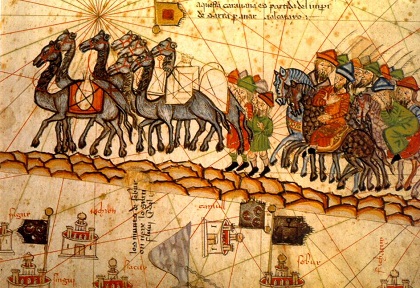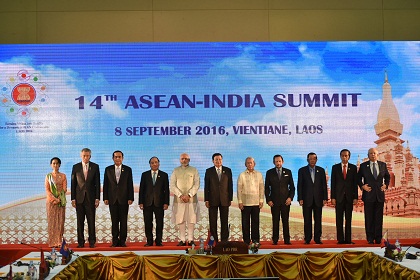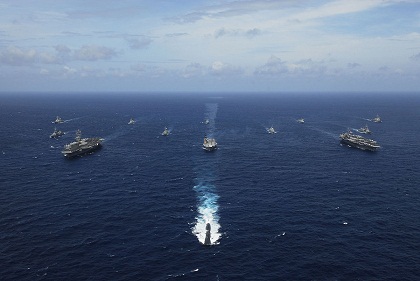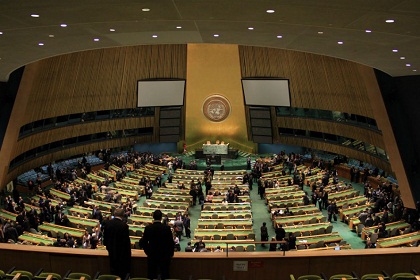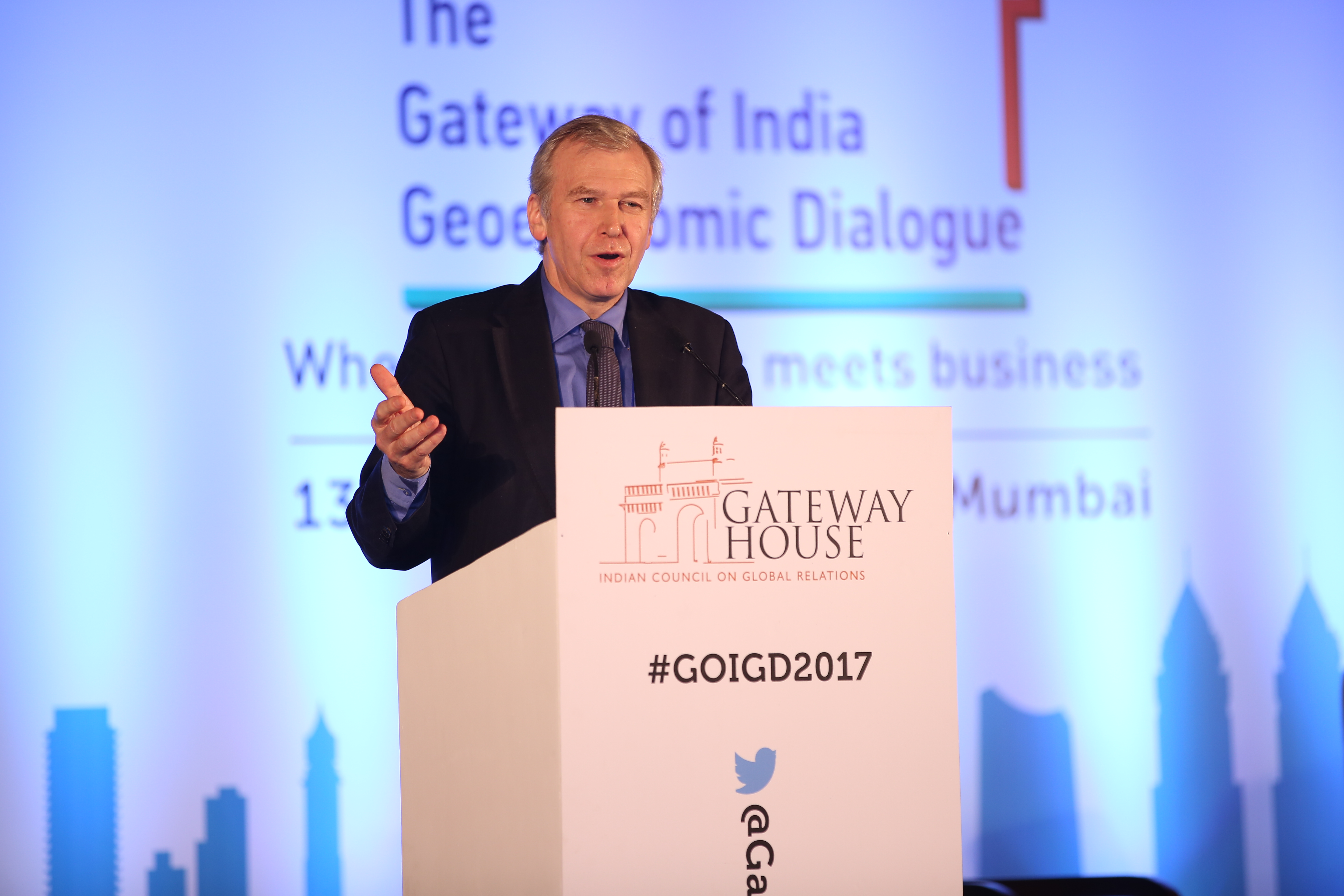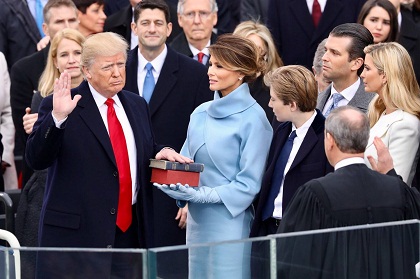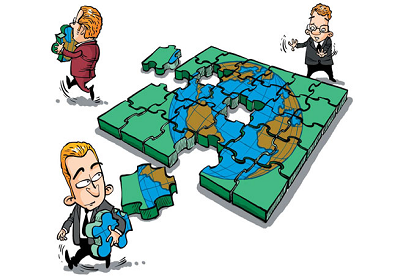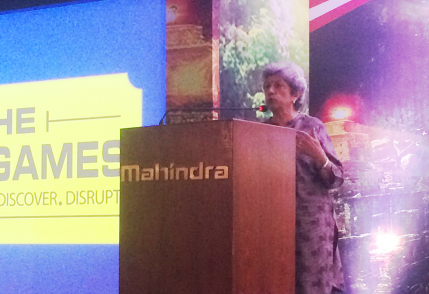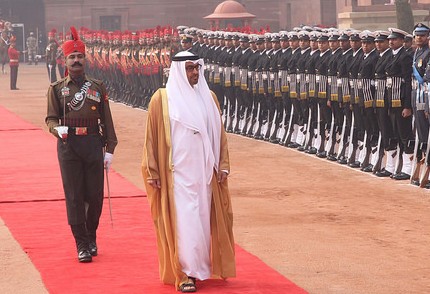Interweaving the old Cotton and Silk Routes
China’s resurrection of the ancient Silk Road is ambitious, sprawling, hegemonic. Its pre-European origins, though, lay in a criss-crossing of nameless caravan routes on which Indian cotton was traded as vigorously as Chinese silk, tangible proof of the interdependence of two ancient civilisations over two millennia

